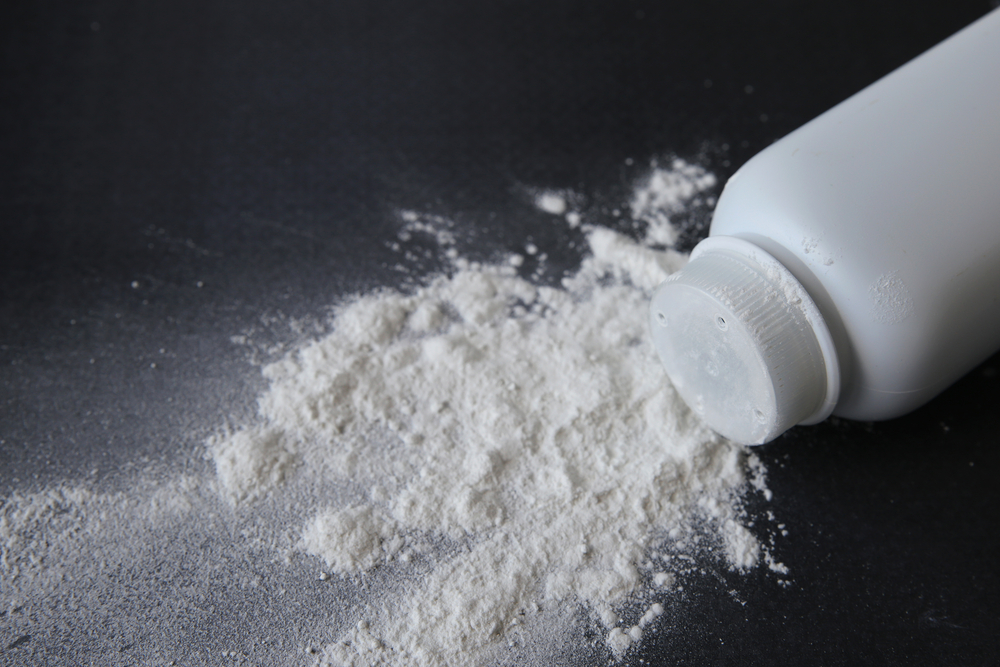As we have requested for many years now, it appears Johnson & Johnson will finally stop selling talcum powder worldwide in 2023. Although J&J needlessly delayed this decision for many years and even decades, we are happy to see this result finally come to fruition.
Per Lauren Berg via Law360.com:
Johnson & Johnson on Thursday said it will switch to selling cornstarch-based baby powder, halting global sales of its talcum-based powders that have been the focus of tens of thousands of injury claims alleging the talc causes ovarian cancer and mesothelioma. J&J in 2020 halted sales of talc-based products in the U.S. and Canada, citing a decline in consumer demand and “misinformation” about the safety of the products, but will now stop selling the product globally in 2023, the company said in a brief news release.
It is sad that J&J chose to endanger the lives of so many women by hiding talcum powder’s link to ovarian cancer in tens of thousands of women all over the United States (and even more worldwide). Although far too late for many already diagnosed, hopefully, this late act will now help save the lives of other women in the future by taking this defective product off the market forever.
For more information on the deadly effects of J&J Talcum Powder and its link to ovarian cancer, click HERE.
Other Talcum Powder News
Understanding how to bring a talcum powder case starts with a free consultation—get the answers you need.
Determining eligibility for a talcum powder lawsuit involves several factors, and guidance from our experienced attorneys can make all the difference.
A new lawsuit filed in U.S. District Court in Connecticut alleges that more than five decades of Johnson & Johnson talcum powder use resulted in an ovarian cancer diagnosis.
The first of over 300 lawsuits linking talcum powder to ovarian cancer has begun in California. The cases allege Johnson & Johnson knew about talc’s cancer risks for decades but failed to warn consumers.
At the end of the fifth Missouri talcum powder trial against Johnson & Johnson, jurors awarded the plaintiff over $110 million for claims that the company’s talc product caused ovarian cancer.
A Mount Sinai study found a ‘statistically significant’ link between talcum powder use and an increased risk of ovarian cancer in women.







